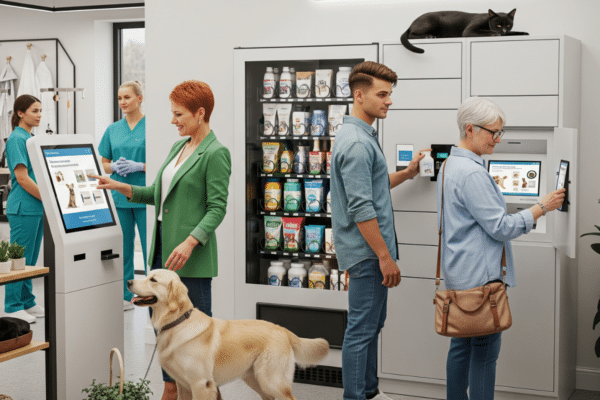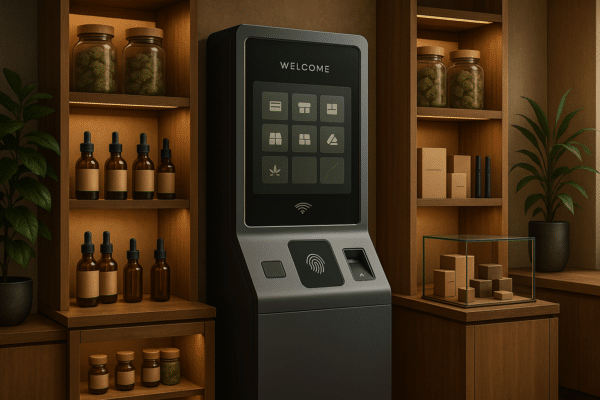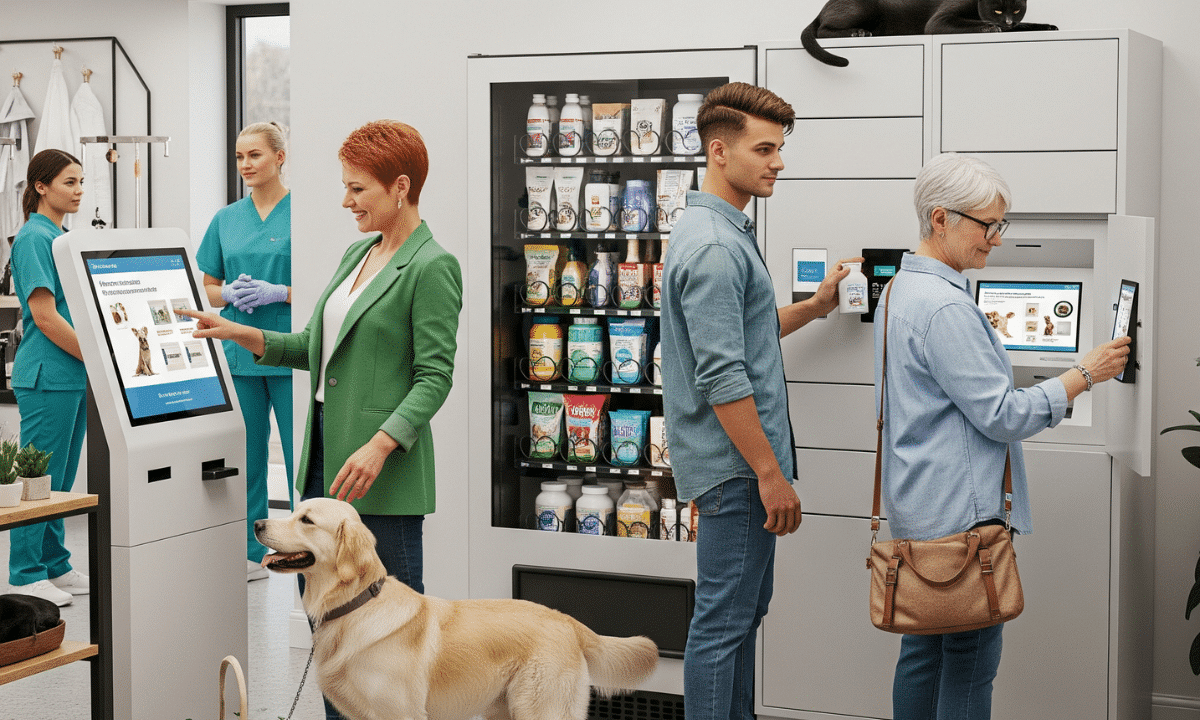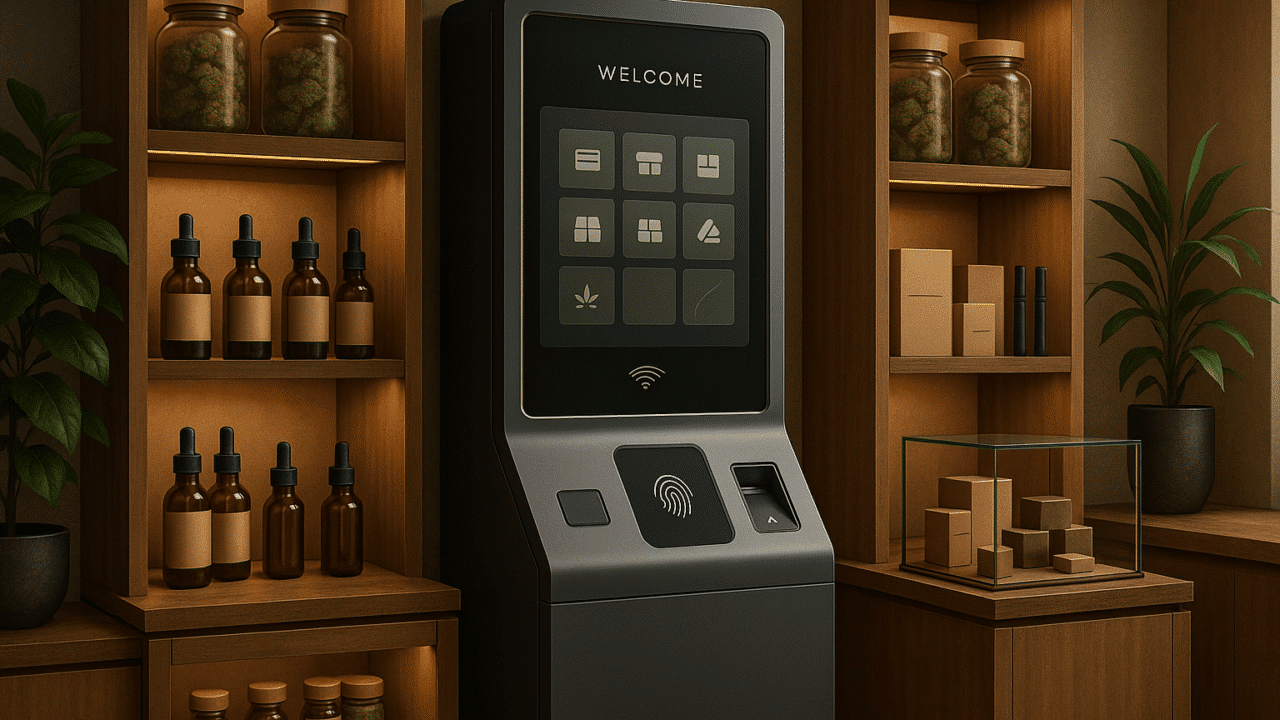
Innovative Customer Engagement Strategies: Revolutionizing the Business World
Customer engagement strategies are as a critical compass, guiding enterprises towards the cultivation of enduring customer relationships. These strategies embody an intentional, holistic approach that spans across various touchpoints, with the interweaving of communication, customer experience, and value creation.
At its core lies the commitment to fostering a connection that transcends transactions, inviting customers into a dialogue that enriches their journey and fuels brand loyalty. With the advent of digital technology amplifying the voice of the customer, an engagement strategy has become an imperative that can significantly leverage the symbiotic potential between a brand and its audience.
Understanding Customer Engagement and its Importance
Customer engagement refers to the connection or interaction between a business and its customer base. It has grown to become one of the most crucial metrics evaluated by businesses to measure the success of their marketing and sales campaigns.
This has been revolutionized by the use of digital platforms, especially social media. Social media contests, personalized ads, and unified customer profiles have now become an integral part of a good customer engagement strategy.
Having a robust customer engagement plan aids businesses in multiple ways. It presents opportunities to establish a brand voice, create relevant content, and achieve top-notch customer satisfaction by enhancing customer experience. A cohesive customer engagement model, therefore, acts as an enabler in achieving strong customer relationships.
The Role of Customer Engagement in Business Growth
The correlation between customer engagement and business growth is direct. Businesses that engage effectively with their customer base enjoy a higher rate of customer loyalty and customer retention, greatly affecting the bottom line.
Effective engagement strategies could involve personalized service, product adoption scores, relationship marketing, and perhaps support through video chat. Brands that offer this level of engagement make customers feel valued, building trust and fostering customer loyalty in the process.
Businesses should also aim to improve their customer service as a part of their customer engagement plan. Organizations having a customer success center show a higher rate of customer satisfaction and client retention. Video chats, social media interactions, and personalized services go a long way in achieving this.
Key Metrics to Measure Customer Engagement
A successful customer engagement strategy is one that understands, measures, and improves customer engagement for a complete, consistent customer experience. An analytics platform, regular customer feedback, and careful monitoring of a customer’s journey with the brand are fundamental to this process.
Some key engagement metrics to consider are the length of the user session, number of sessions per user, active users, interactions per visit, and customer journey analysis. All these metrics combined provide a comprehensive view of the user engagement strategy’s success, allowing strategic improvements.
For instance, having tangible data allows the marketing team to check if their marketing campaign is actually generating engagement. Similarly, the sales team can use customer behavior data to refine their sales strategy. This data-driven approach ensures a consistent customer experience, directly contributing to the company’s growth.
Maximizing Customer Connections: The Impact of Customer Engagement Software on Business Strategies
Implementing customer engagement software is a strategic move for businesses looking to enhance their customer engagement strategies. This powerful tool streamlines and optimizes interactions with customers across various touchpoints, providing valuable insights into their preferences and behaviors.
Customer engagement software allows businesses to personalize communication, tailoring interactions based on individual customer needs and preferences. By utilizing features such as automated messaging, targeted campaigns, and real-time analytics, businesses can foster stronger relationships, improve customer satisfaction, and ultimately drive loyalty.
The comprehensive data and analytics provided by customer engagement software enable businesses to make informed decisions, refine their strategies, and continuously enhance the overall customer experience.
Innovative Customer Engagement Strategies
Let’s explore the top innovative customer engagement strategies that you can implement to improve your customer loyalty programs, personalize customer experiences, and optimize your customer engagement marketing strategy.
Personalization: Meeting Individual Needs
Personalization in customer engagement involves tailoring experiences based on individual preferences, behaviors, and characteristics. By leveraging customer data, businesses can deliver targeted communication and customized solutions, building trust and loyalty. This approach enhances the overall customer experience, making interactions more meaningful and relevant. In the landscape of customer engagement, personalization stands out as a powerful strategy to create lasting and valuable relationships with customers.
Omni-Channel Approach: Providing Seamless Experience
An omnichannel approach to customer engagement strategies involves seamlessly integrating various communication channels to provide a unified and consistent experience for customers. This strategy recognizes that customers interact with businesses across multiple platforms, including online and offline channels. By ensuring a cohesive and interconnected journey, businesses can meet customers where they are and offer a consistent brand experience.
Whether through social media, email, in-store interactions, or other channels, the omnichannel approach aims to create a seamless transition between touchpoints. This not only enhances customer satisfaction but also fosters stronger brand loyalty, as customers appreciate the convenience and continuity of their experience across different platforms.
Leveraging Social Media: Building Strong Customer Relationships
Harnessing the power of social media is instrumental in crafting a robust customer engagement strategy. Beyond mere brand promotion, it enables companies to foster relationship marketing by directly connecting with their audience.
Through this dynamic platform, businesses can not only share relevant content in a distinctive brand voice but also cultivate strong and lasting customer relationships.
Social media’s interactive nature provides a fertile ground for innovative strategies, including the organization of contests, which not only enhances user engagement but also serves as a potent tool to expand and diversify the customer base. Leveraging social media goes beyond conventional marketing; it becomes a dynamic means to authentically connect, resonate with the audience, and continually strengthen the bond between a brand and its customers.
Engaging Through Mobile Apps: A Contemporary Twist
Revitalizing traditional customer engagement, the strategic use of mobile apps offers a contemporary and convenient avenue for customer interaction. Whether through enticing offers like free trials or access to analytics platforms, this approach empowers customers to engage with brands on their own terms, fostering a seamless digital customer experience.
Crucial to this strategy is the implementation of a user-friendly and appealing onboarding process aimed at not only reducing bounce rates but also elevating the product adoption score. By integrating modern mobile app experiences into the customer engagement landscape, businesses can adapt to evolving consumer preferences and create a pathway for enhanced user engagement and product adoption.
Implementing Innovative Customer Engagement Strategies
Creating a successful customer engagement strategy requires constant innovation. Companies need to consistently evaluate and modify their customer engagement plan to stay ahead of the curve. Innovations, specifically in technology such as unified customer profiles, virtual events, and video chats, have revolutionized how businesses interact with their customer base.
Matching Strategies with Business Goals
It’s crucial to ensure that your customer engagement plan aligns with your business goals. A company’s customer engagement strategies should directly contribute to advancing its bottom line. Additionally, they should provide both a high-quality customer experience and improve customer loyalty.
Take, for example, the user engagement strategy of running social media contests. This has proven highly successful for businesses aiming to increase their brand’s reach. Brands can ask their customers to share a picture using their product and, in return, offer exclusive rewards. This not only furthers customer engagement but also indirectly boosts sales as more people become aware of the brand.
Customer feedback is another essential aspect to consider when aligning customer engagement strategies with business goals. Brands can utilize an analytics platform to gather and analyze customer feedback, which can help shape future marketing campaigns and contribute to customer satisfaction and the overall customer engagement model.
Technology as a Catalyst for Innovative Customer Engagement
Emerging technologies like AI and machine learning can significantly improve a company’s customer engagement plan. These technologies allow businesses to create unified customer profiles, which result in more personalized customer experiences. For instance, personalized product suggestions based on previous purchases or browsing history can help to deepen customer relationships and increase sales.
Virtual events supported by an immersive video chat experience can also upgrade a company’s customer engagement marketing strategy. By providing an opportunity to interact in real-time with team members or other customers, companies can integrate their sales team and marketing team into the digital customer experience, improving customer satisfaction and sales simultaneously.
An additional technology-fueled customer engagement marketing strategy is the use of a customer loyalty program, enabling businesses to reward repeat customers, which boosts customer loyalty and can increase sales.
Tracking Success of Implemented Strategies
An essential part of maintaining a successful customer engagement strategy is tracking its performance. Key performance indicators (KPIs) such as bounce rate, product adoption score, and social media engagement can provide valuable insights into whether a specific customer engagement marketing strategy is working or not.
These insights can help brands enrich their relationship marketing initiatives, and make necessary adjustments to their marketing campaign, customer service approach, or engagement strategies. A rise in customer success rates as a result of improved customer service, for instance, can validate the effectiveness of a personalized, technology-driven customer engagement strategy.
Fundamentally, tracking the implementation of successful customer engagement strategies involves more than measuring metrics; it should create insights that will ultimately improve the customer experience and the bottom line.
The Enduring Impact of a Dynamic Customer Engagement Strategy
As businesses navigate customer expectations, the fusion of innovation and proactive engagement strategies remains a cornerstone for success. Innovative customer engagement strategies are not only revolutionizing the business world but are also redefining the very essence of the customer-company relationship.
By embracing creativity, leveraging cutting-edge technology, and placing the customer experience at the heart of their operations, businesses that cultivate these advanced engagement practices position themselves at the forefront of their industry.
Unlock Your Potential with T-ROC
Unlock the potential of your business with T-ROC Global’s expert guidance and tailored solutions in customer engagement strategies. Elevate your brand’s connection with customers, boost loyalty, and drive success in the digital landscape. Contact us today to transform your customer engagement journey.
Frequently Asked Questions
How can businesses measure customer engagement?
Businesses can measure customer engagement through various metrics such as net promoter scores (NPS), customer satisfaction surveys (CSAT), the frequency and duration of interactions, as well as tracking repeat purchases and social media interactions.
How do you write a customer engagement strategy?
Writing a customer engagement strategy entails conducting thorough customer research, defining engagement goals, deciding on appropriate channels and tactics, creating meaningful content, and establishing a system for tracking, analyzing, and refining efforts based on data and customer feedback.
What are the 4 P’s of engagement?
The four P’s of engagement refer to Personalization, Participation, Predictive Analytics, and Purpose, each of which plays a critical role in developing a customer engagement strategy that can adapt to evolving consumer expectations and foster a strong, interactive brand-consumer relationship.








